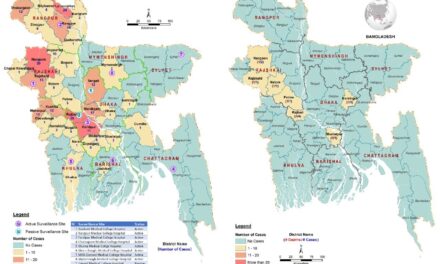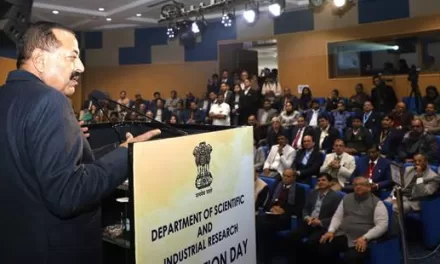Thiruvananthapuram, Kerala: A pioneering pediatric heart transplant was recently performed at the Sree Chitra Tirunal Institute for Medical Sciences and Technology (SCTIMST), providing a 13-year-old girl with a renewed chance at life. This monumental five-hour surgery marked a significant achievement for the autonomous institute under the Department of Science and Technology (DST).
The young patient, suffering from severe cardiomyopathy, had been on a ventilator for two months. Her critical condition necessitated a swift and coordinated effort to find a suitable donor heart. The donor organ came from a 47-year-old school teacher who had succumbed to a brain hemorrhage following a ruptured intracranial aneurysm. The donor was declared brain dead at KIMS HEALTH hospital, and the Kerala State Organ and Tissue Transplant Organization (K-SOTTO) allocated the heart to SCTIMST, adhering to the organ allocation policy set by the Government of Kerala.
The successful operation positions Sree Chitra among a select group of government hospitals capable of performing such complex and costly procedures. Pediatric heart transplants are particularly rare due to the limited availability of donor hearts, making this achievement even more remarkable.
The comprehensive heart failure program at SCTIMST, established with the support of the Indian Council of Medical Research (ICMR), enabled the institute to receive a heart transplant license last year. The plight of the 13-year-old girl from Chavakkad, Thrissur, spurred the institute to action, culminating in this life-saving operation.
The intricate surgery was executed by a dedicated team from the Department of Cardiovascular and Thoracic Surgery, including Dr. Baiju S. Dharan, Dr. Vivek V. Pillai, Dr. Soumya Remanan, Dr. Renjith S., and Dr. Veena Vasudev. They were joined by specialists from the Department of Cardiology, Dr. Harikrishnan S., Dr. Krishnamoorthy K. M., Dr. Deepa S. Kumar, Dr. Arun Gopalakrishnan, and Dr. Jyothi Vijay, as well as Dr. Shrinivas V. G. from the Department of Cardiac Anaesthesia.
The transplant team’s efforts were bolstered by the support of transplant coordinator Ms. Beena Pillai, senior residents from cardiac surgery and cardiac anaesthesia, and staff members from the Division of Perfusion Technology, Department of Transfusion Medicine, and blood bank. Additionally, nursing and technical staff, the transport wing, security, and the biomedical technology wing played crucial roles in the operation’s success. The Kerala Police facilitated a green corridor to ensure the rapid transport of the donor organ.
This landmark pediatric heart transplant not only underscores the capabilities of SCTIMST but also represents a significant step towards making advanced medical treatments more accessible. The collaborative effort and expertise demonstrated in this case highlight the potential for further advancements in pediatric heart care in India.











